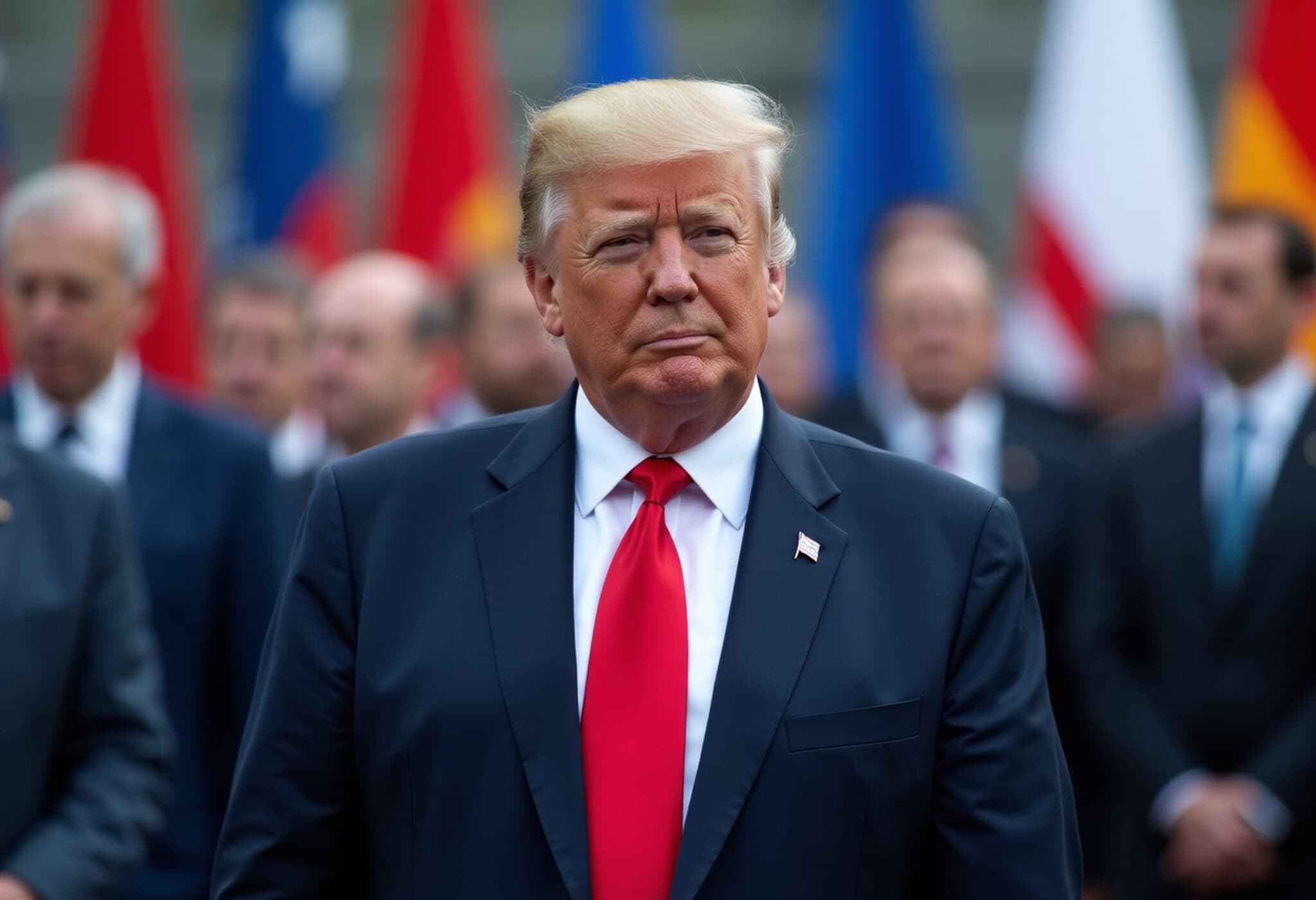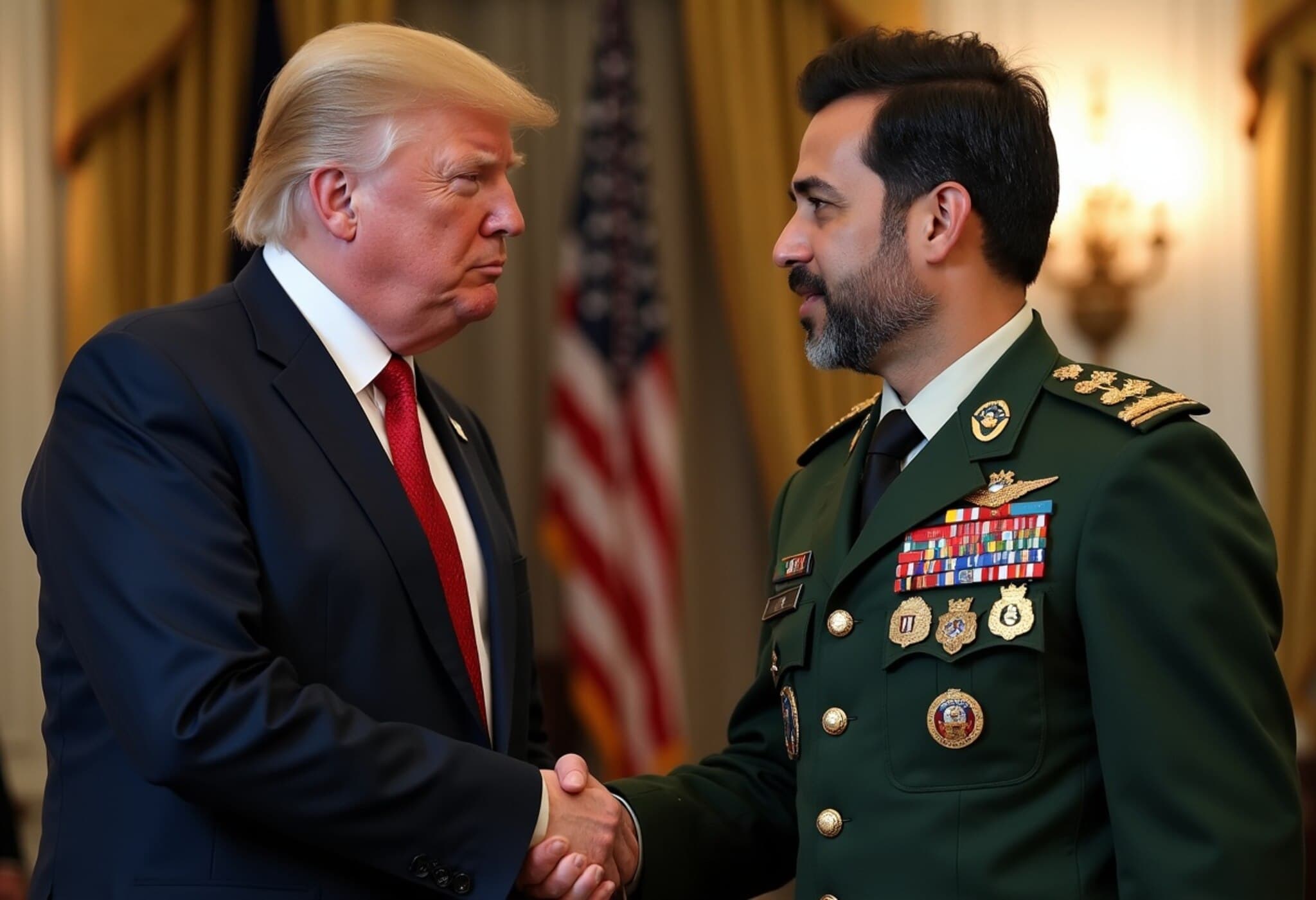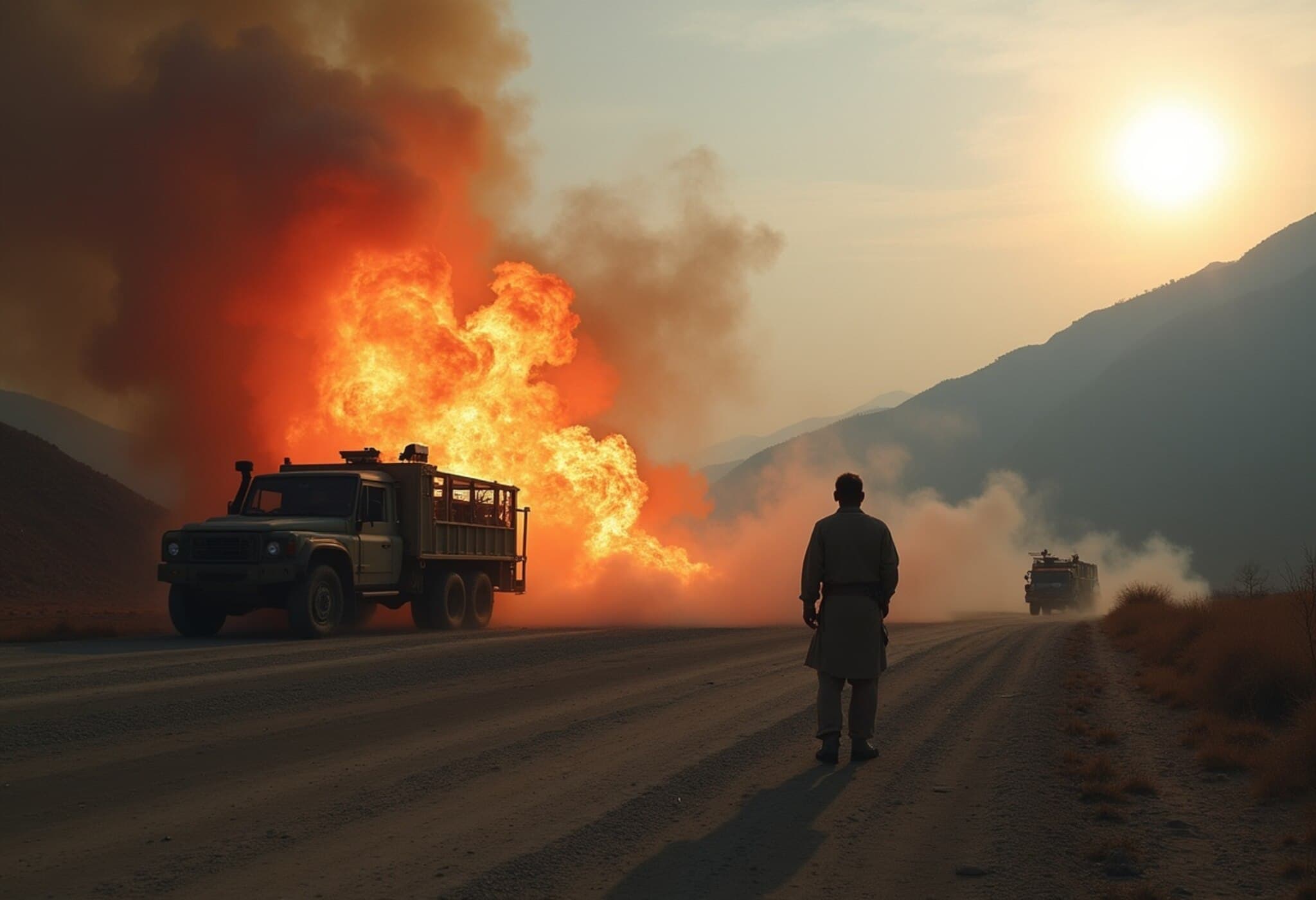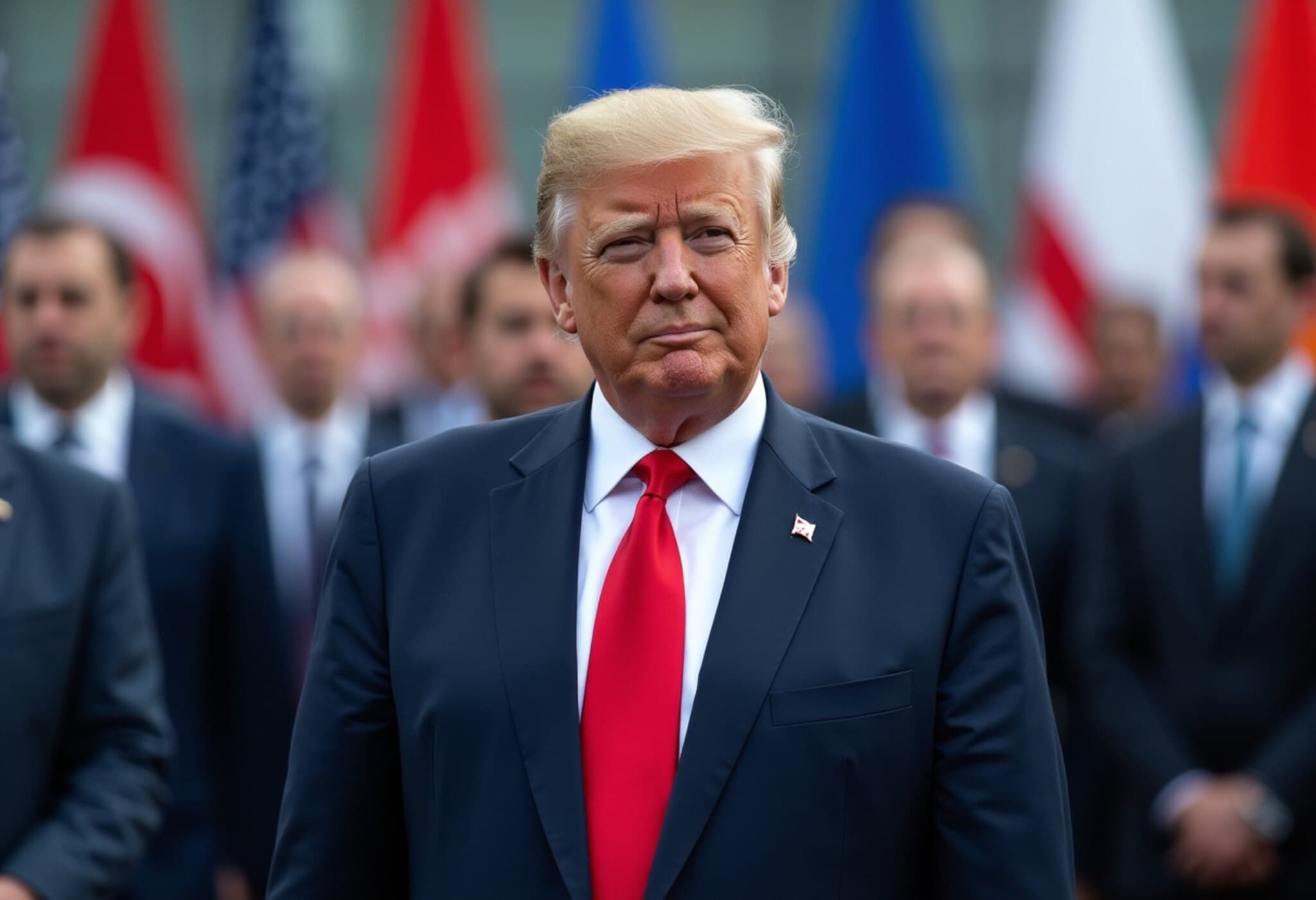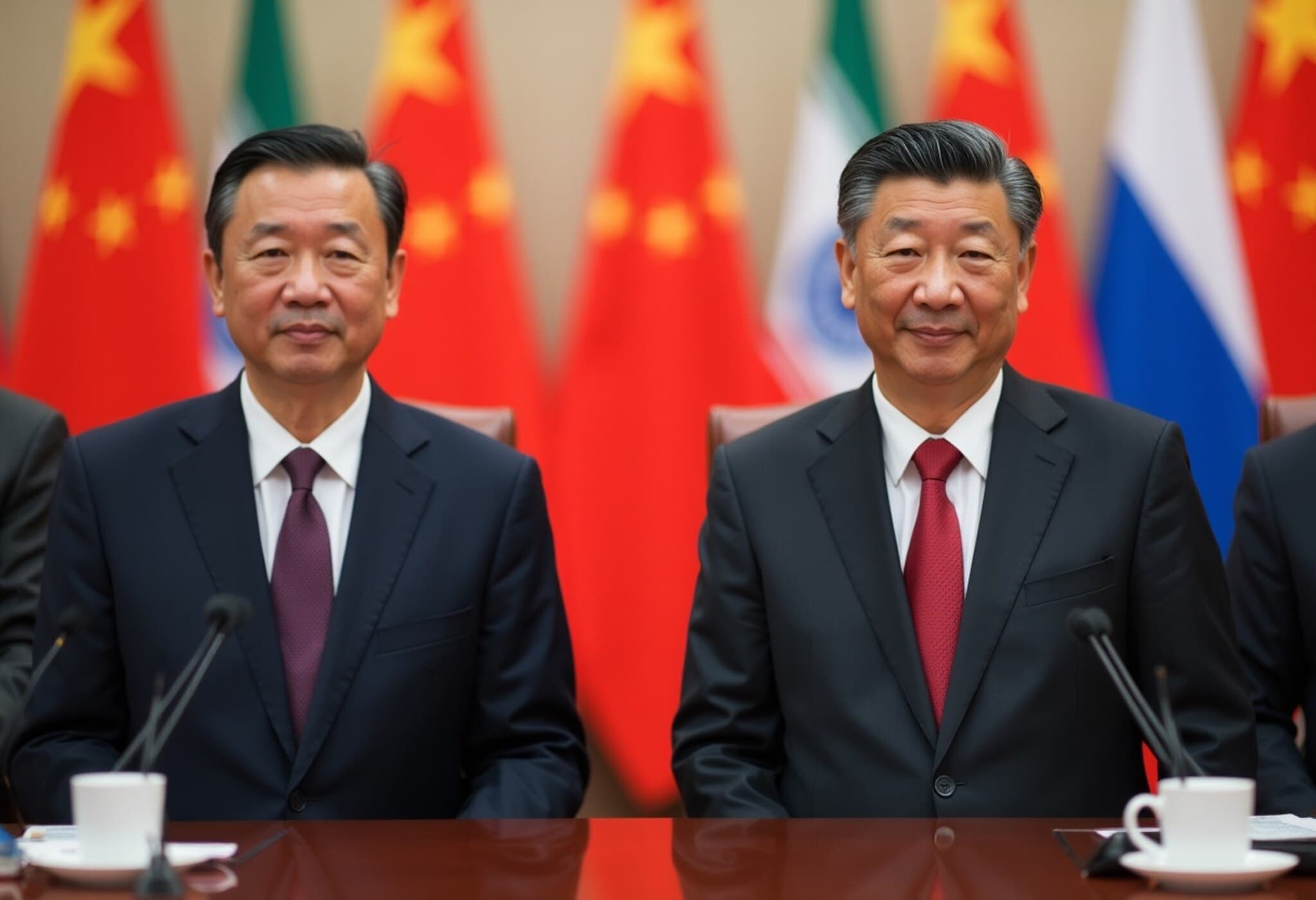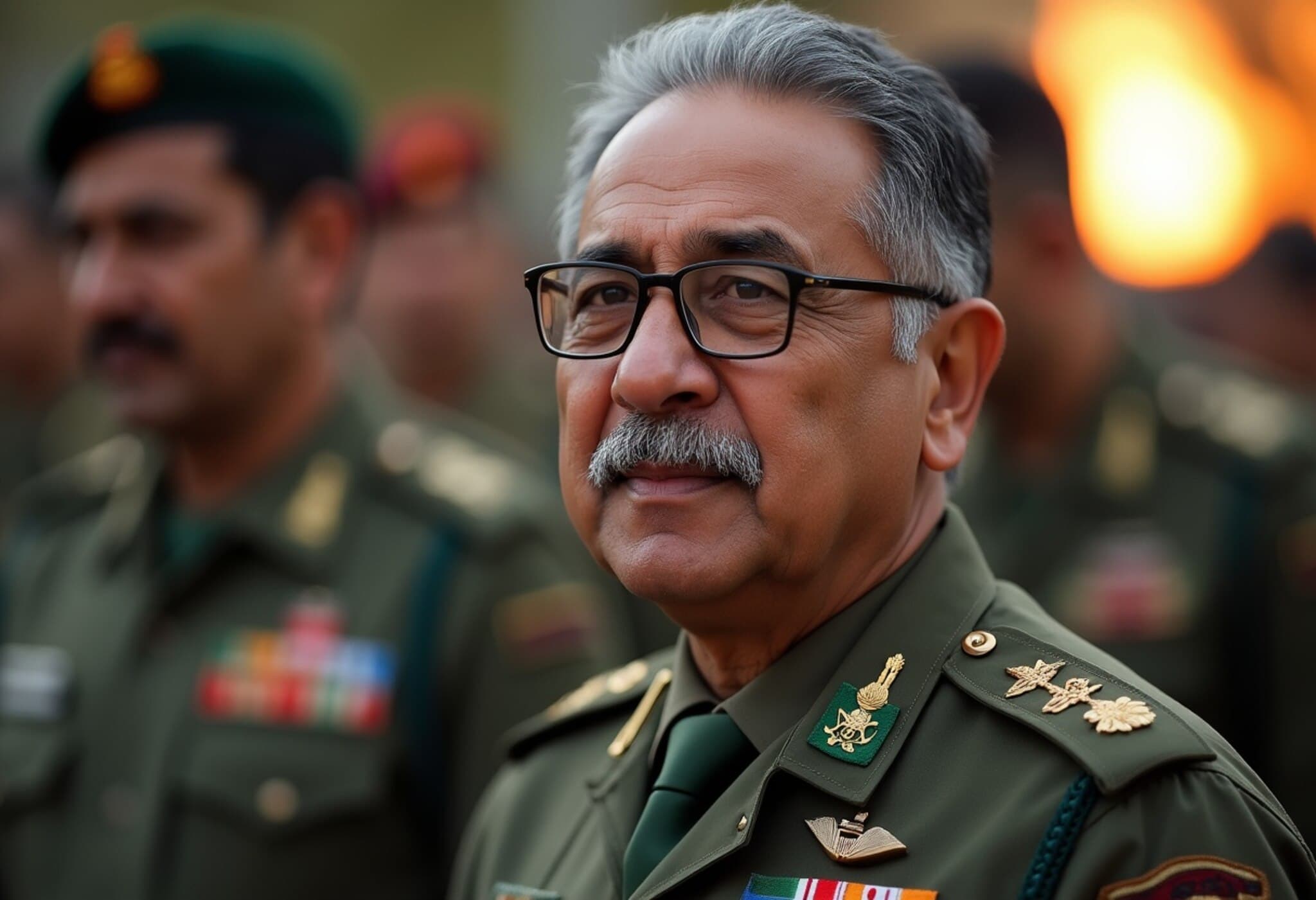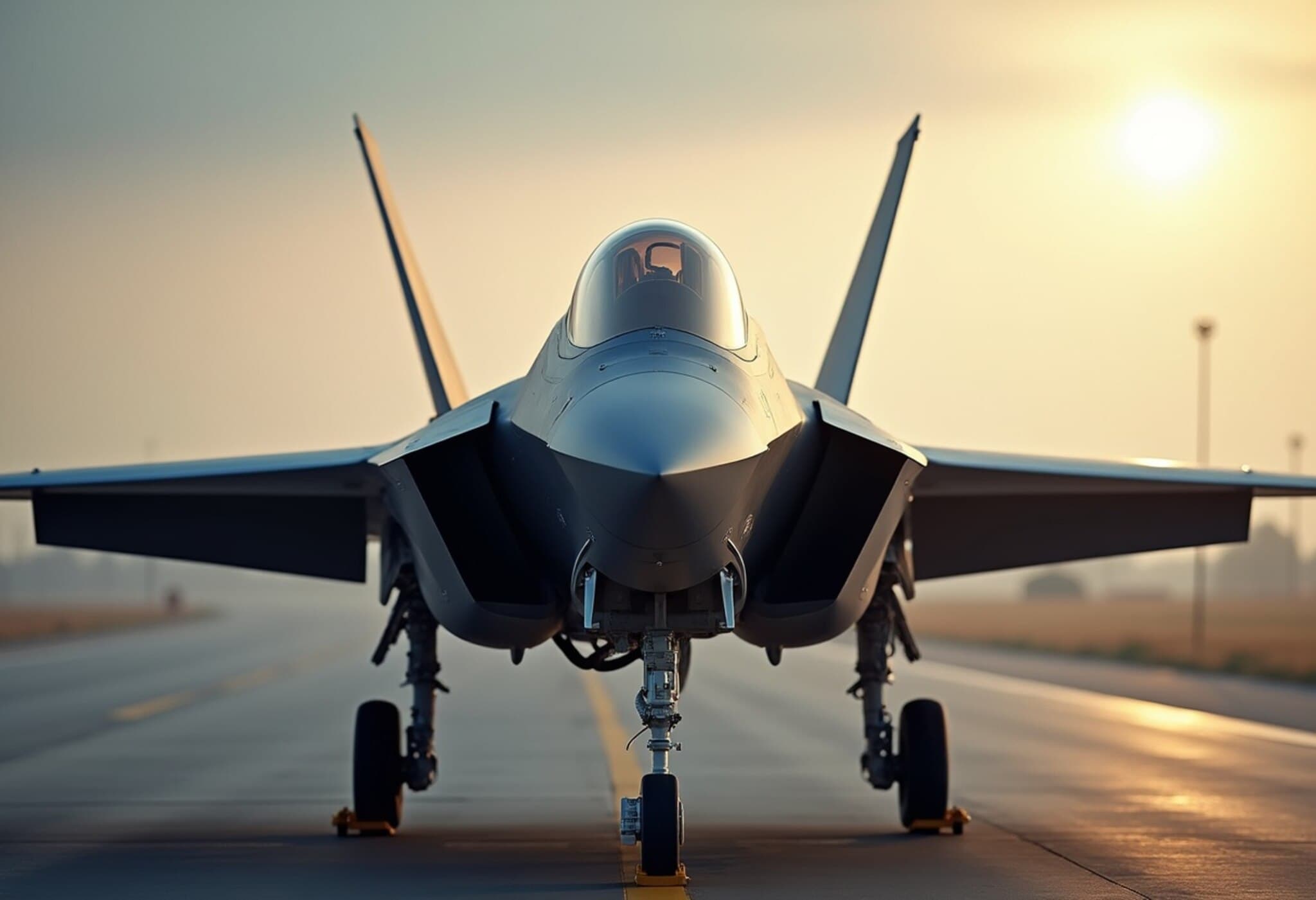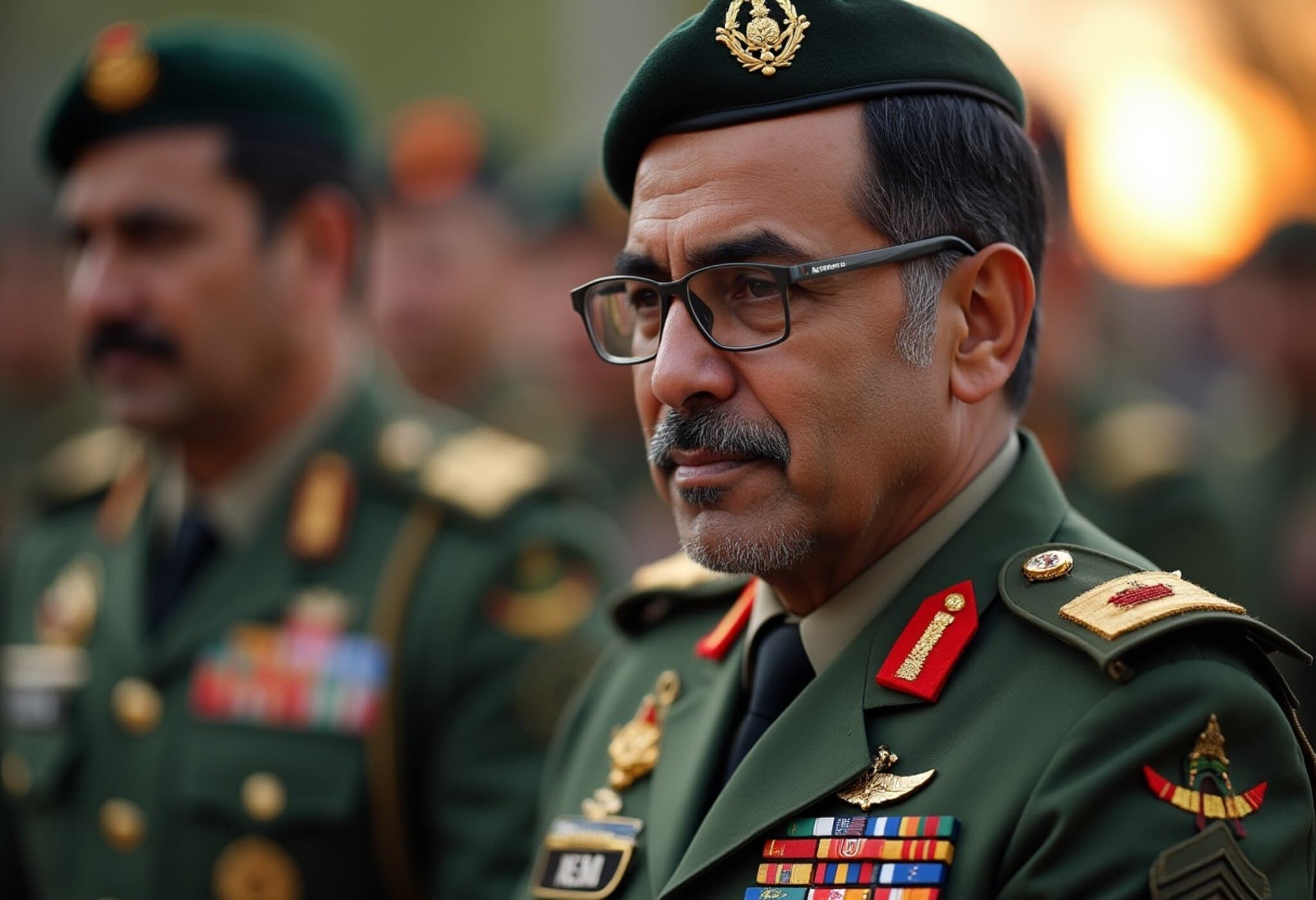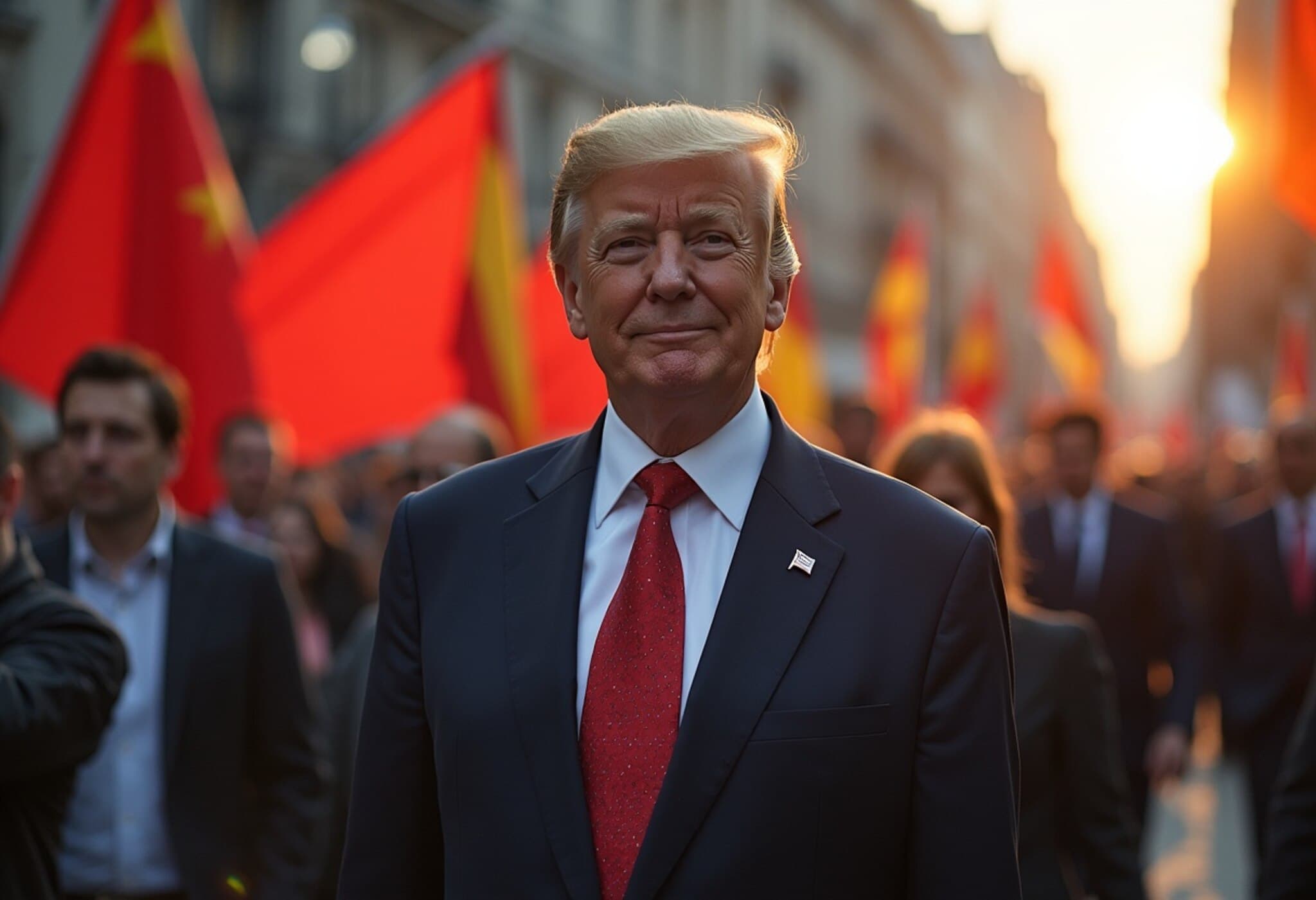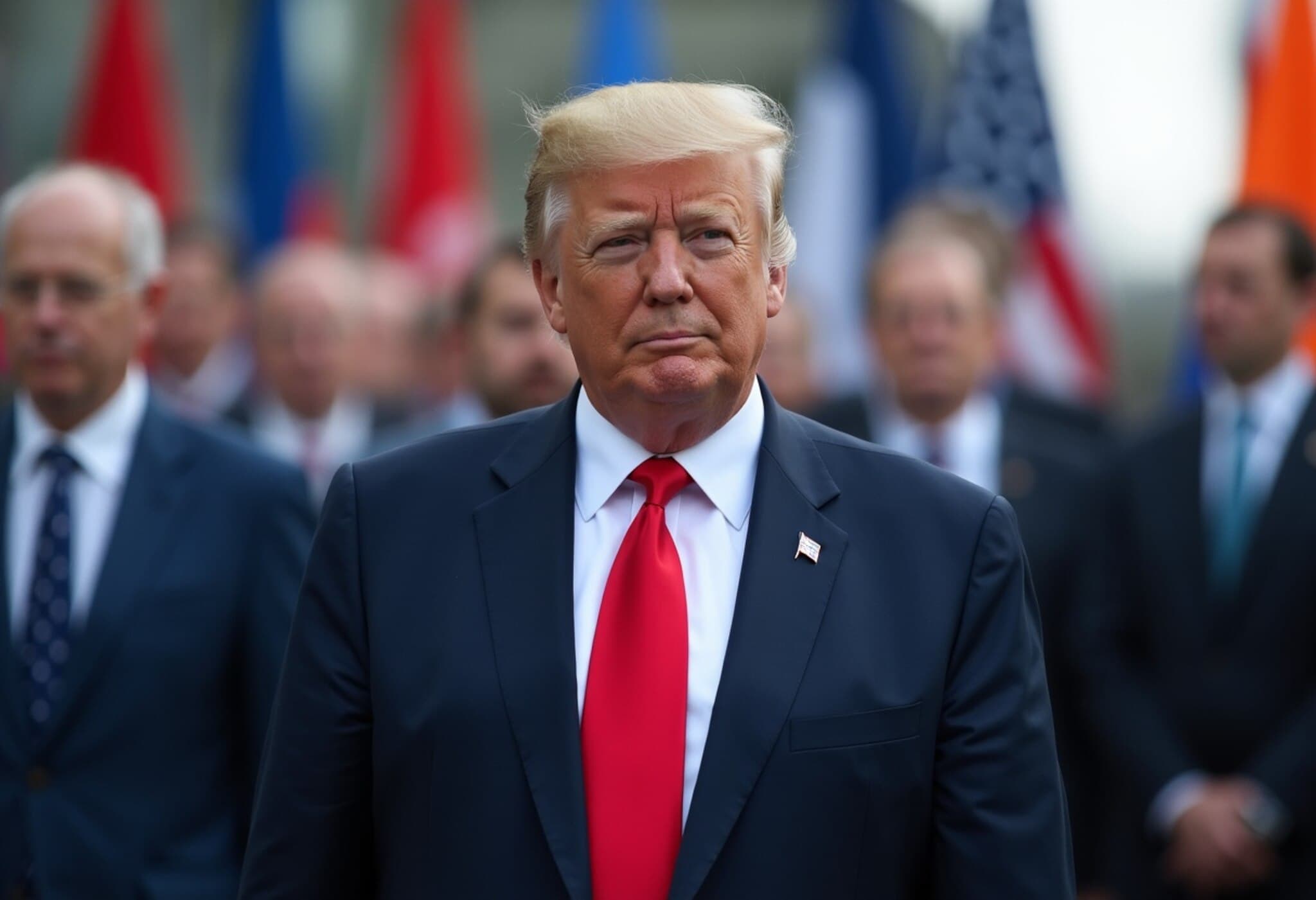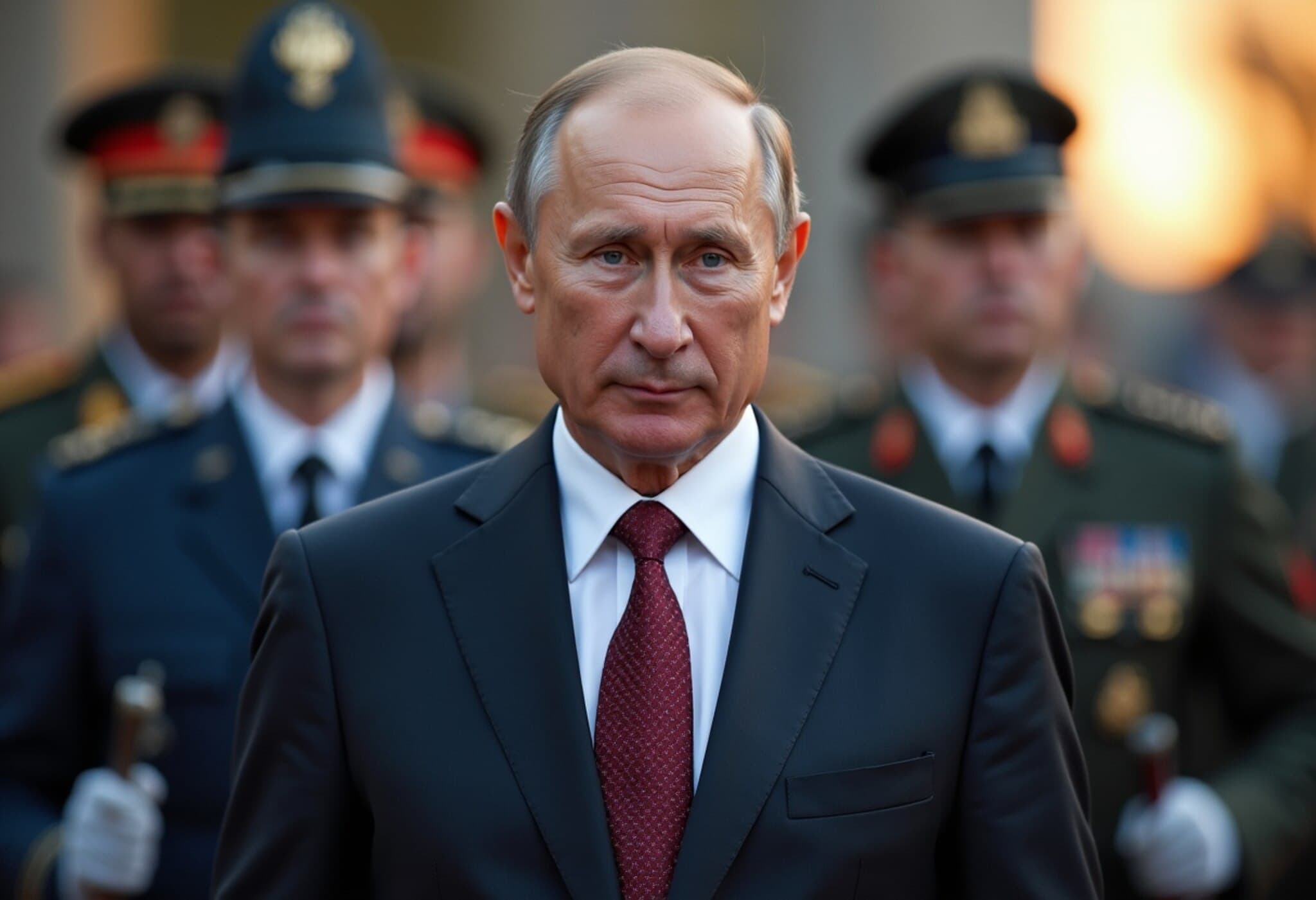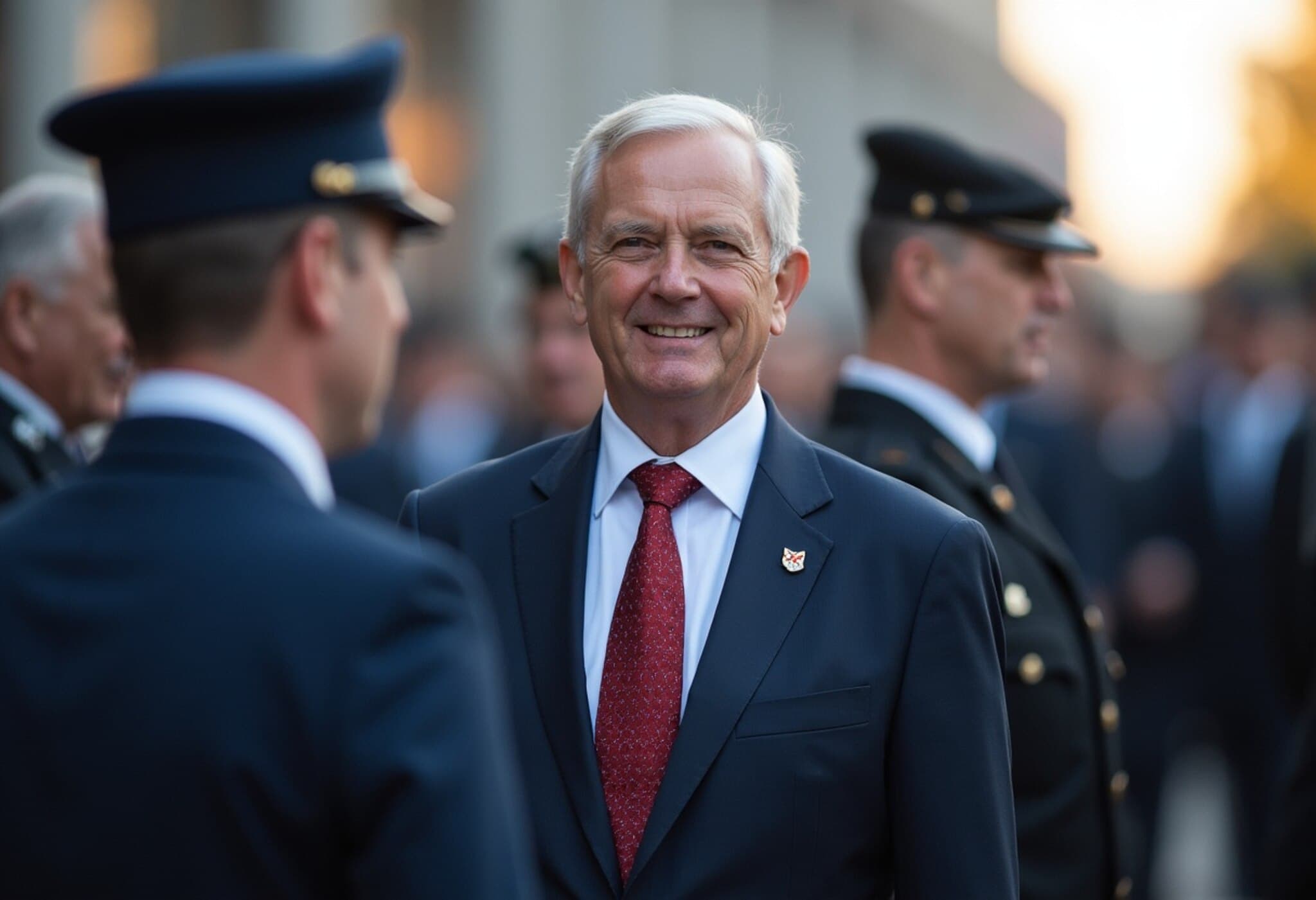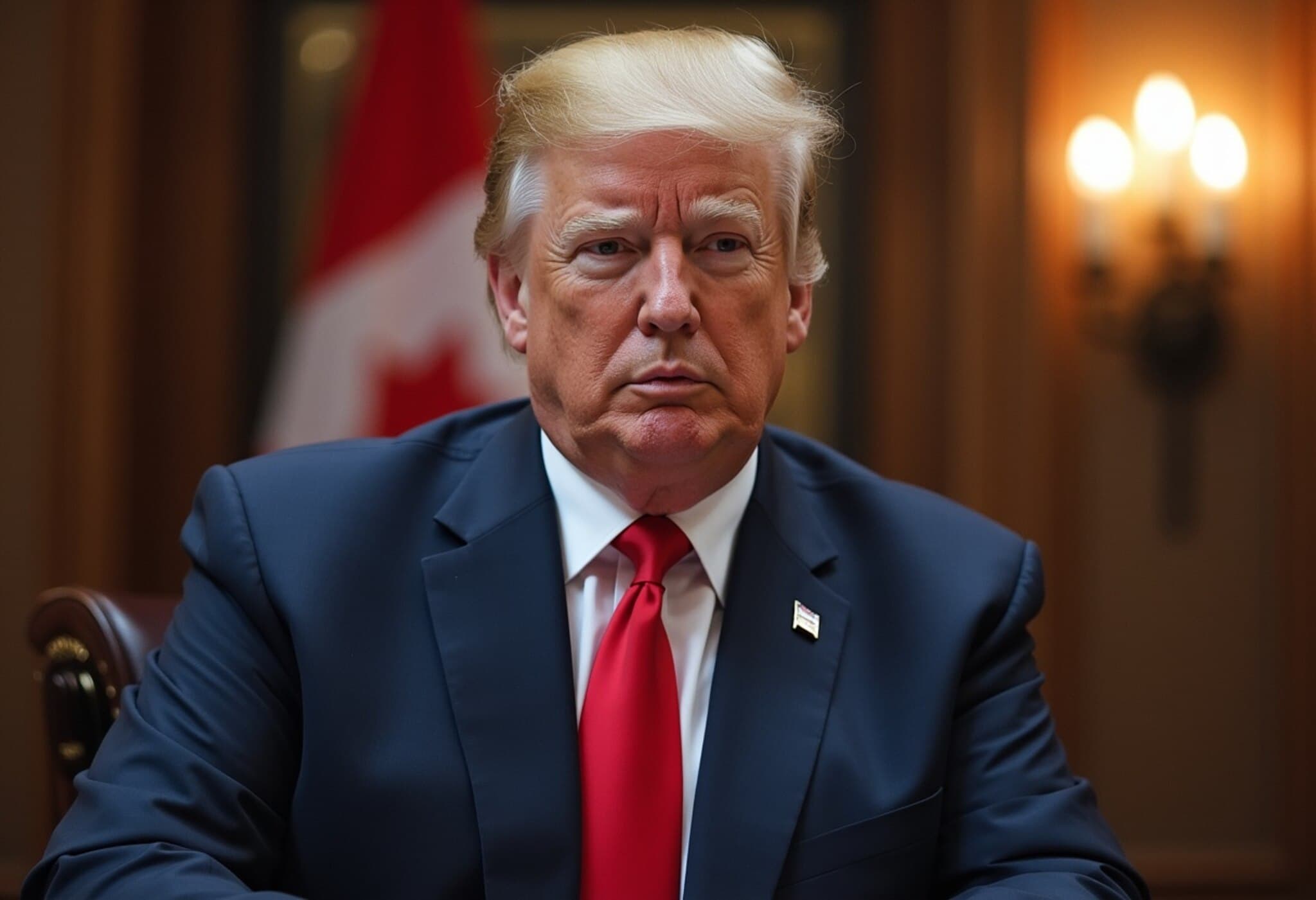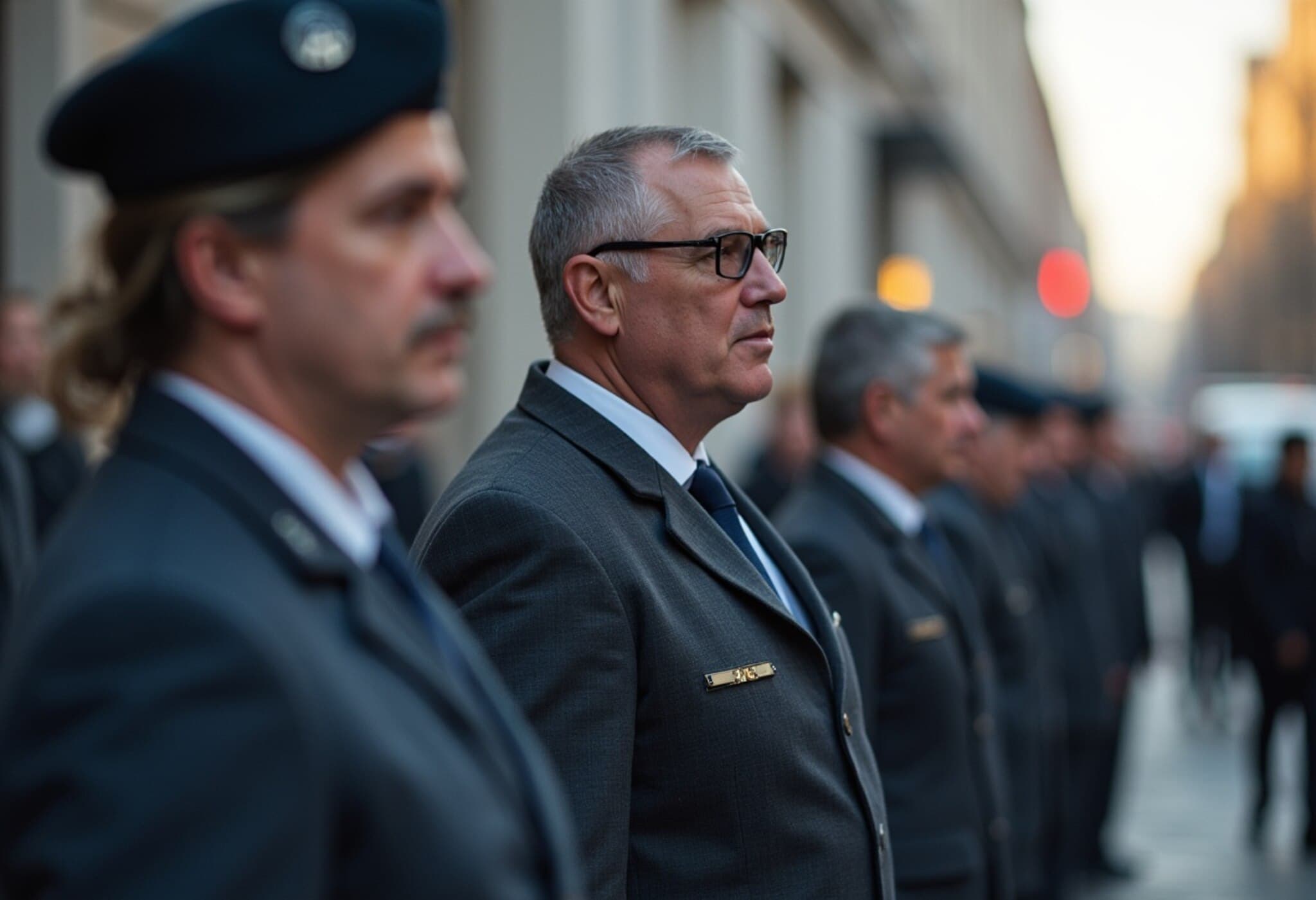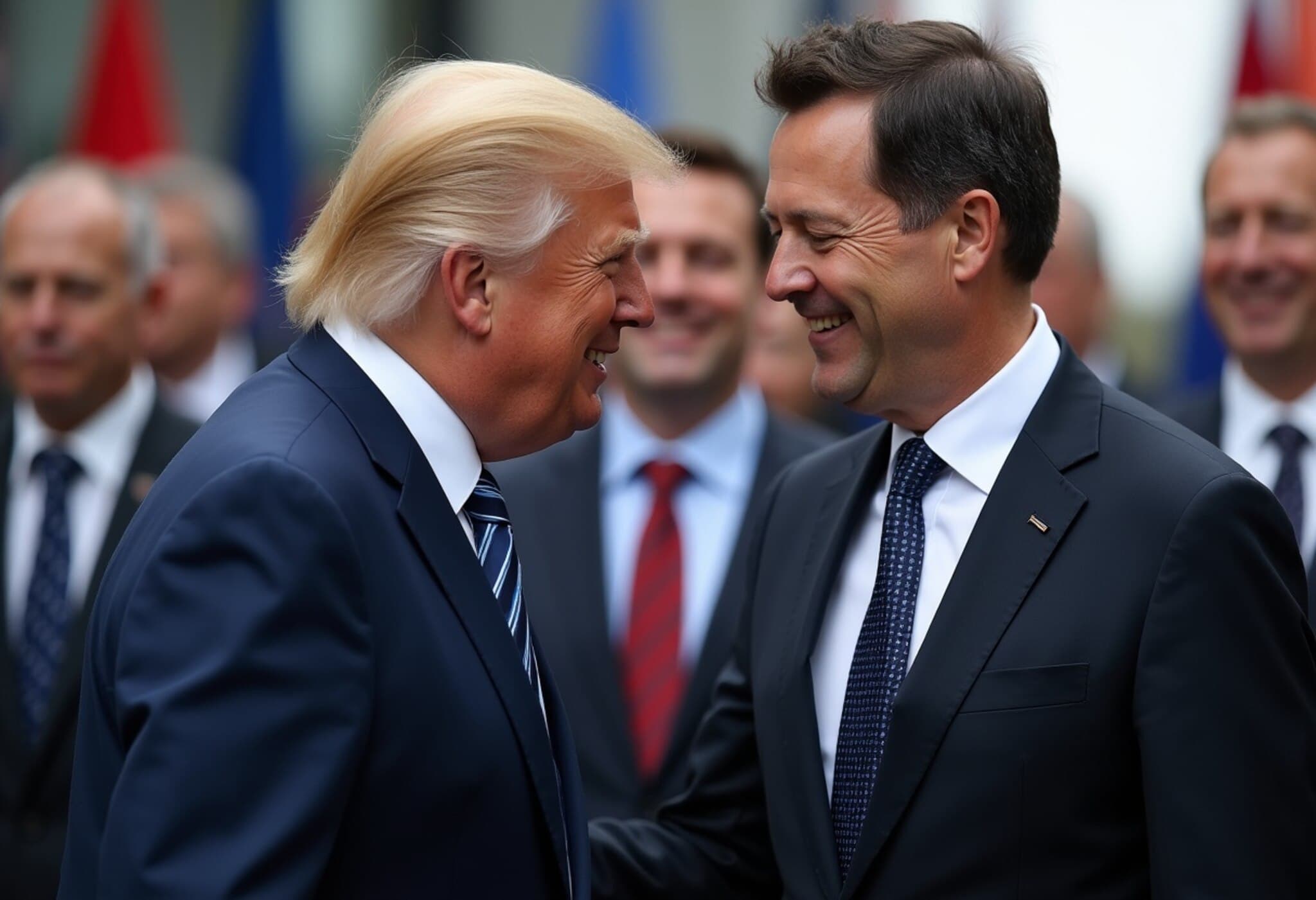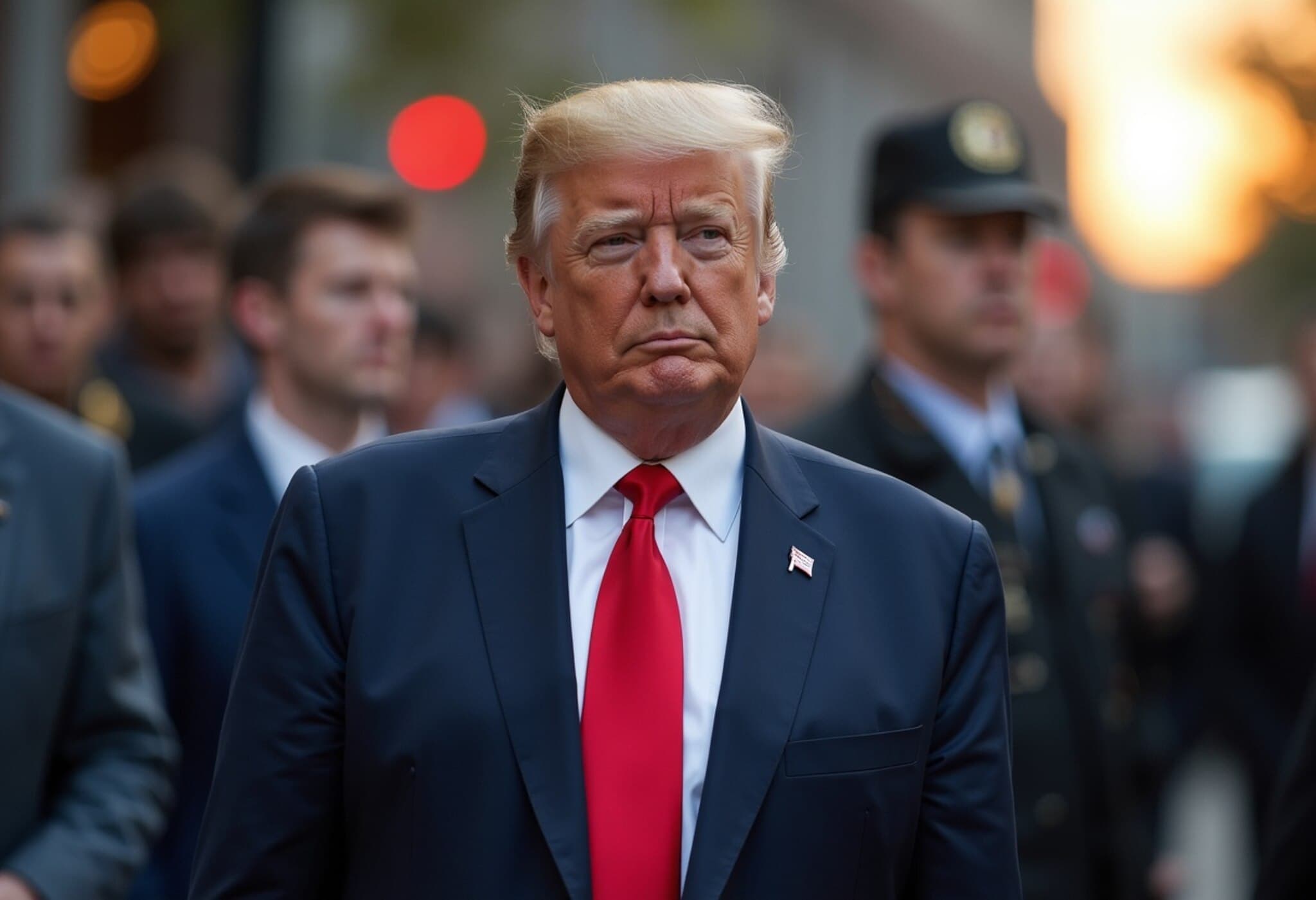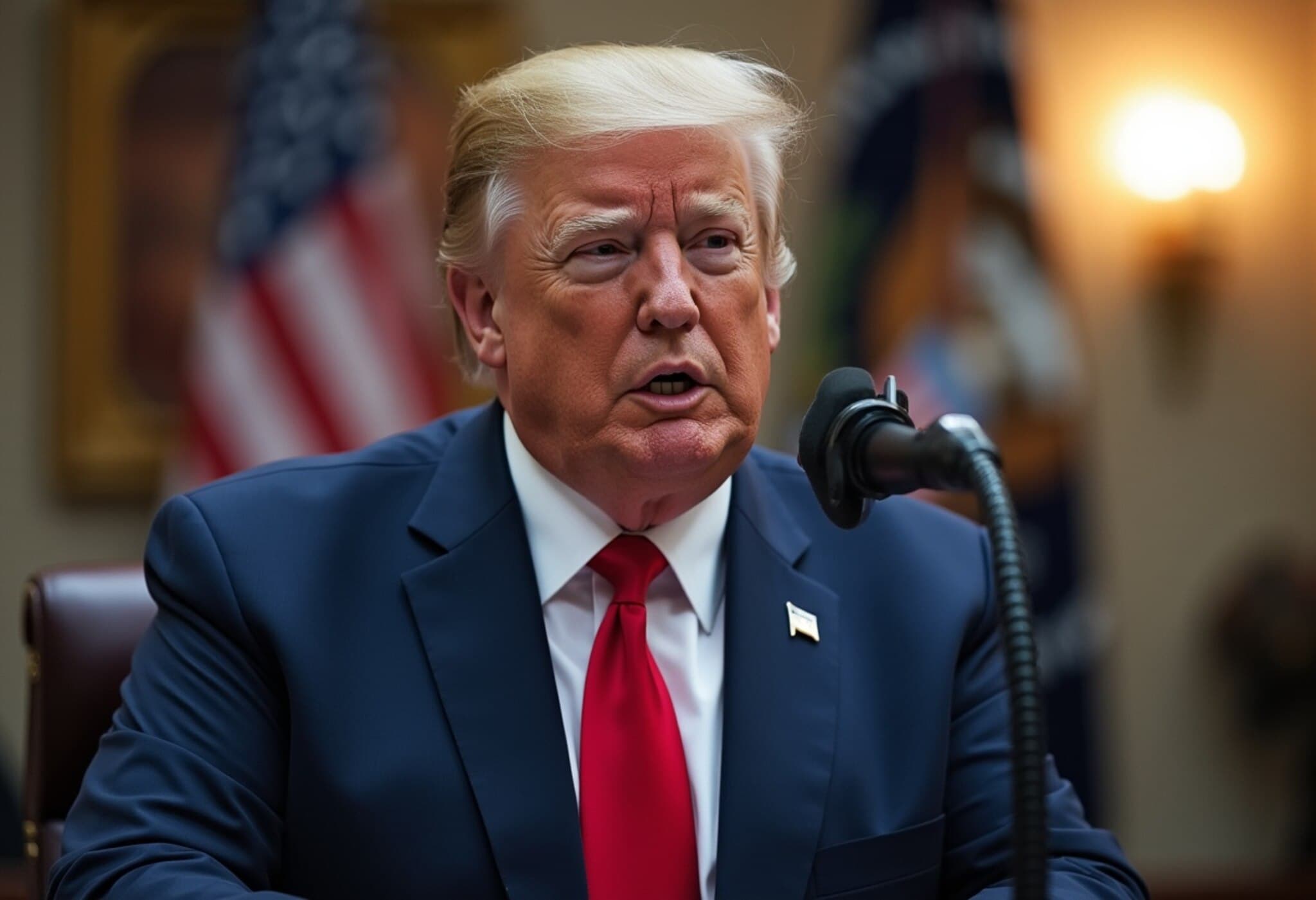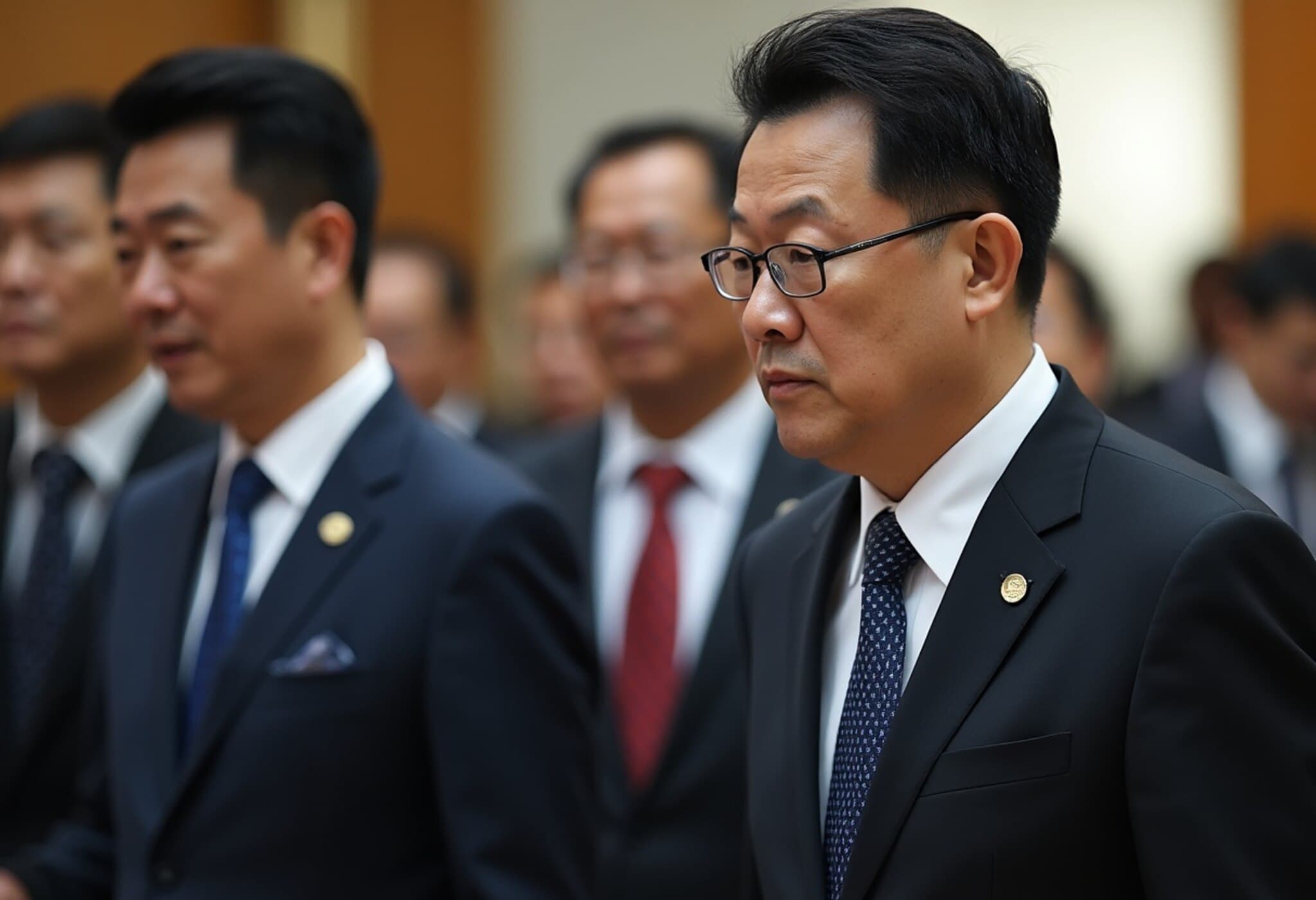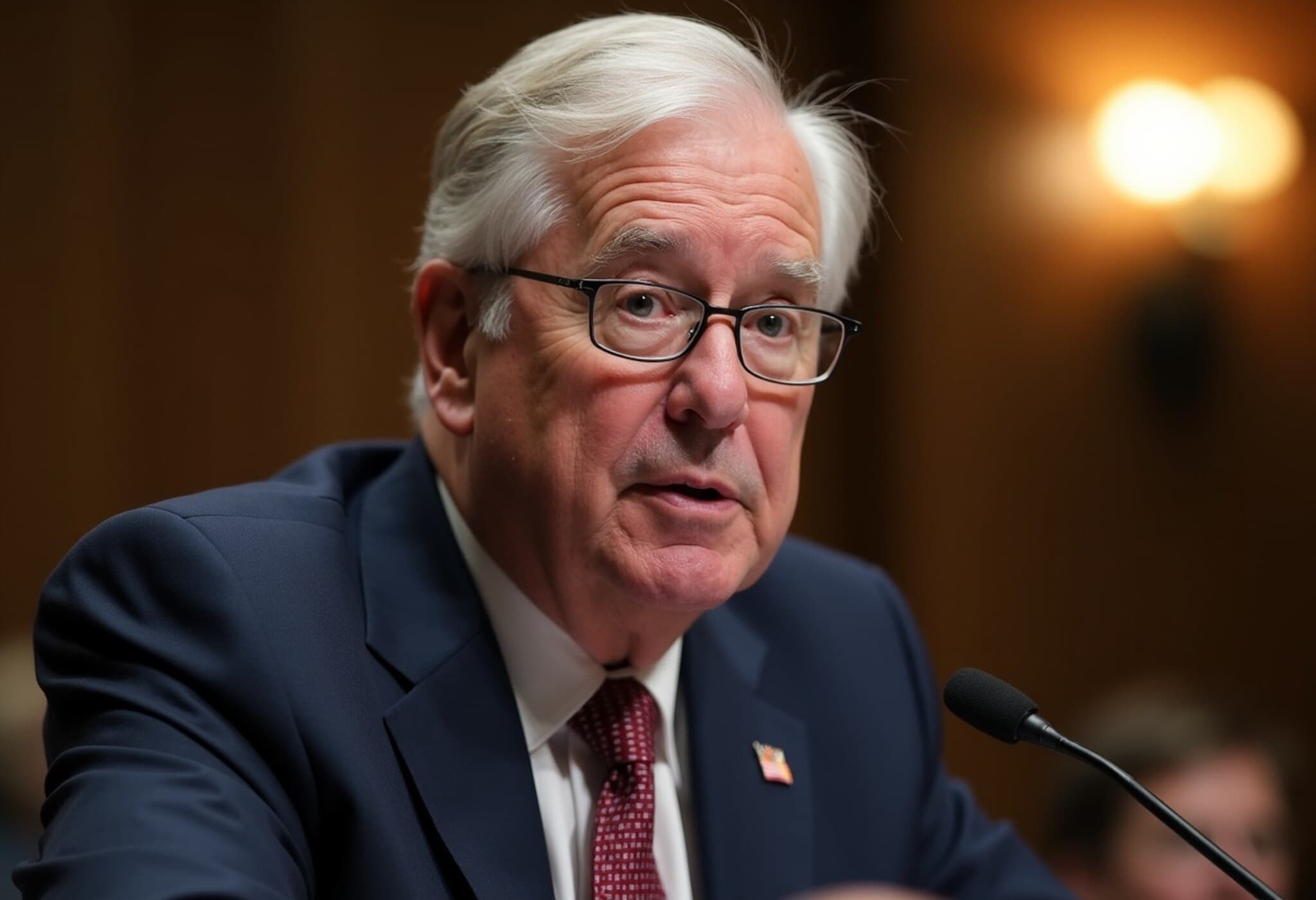U.S. Commitment to NATO Reassured Amid Defense Spending Debate
As the NATO summit convenes in The Hague, the alliance's chief emphasized the United States' steadfast dedication to NATO, dispelling lingering doubts about Washington's commitment. With President Donald Trump attending, the gathering comes at a critical moment marked by geopolitical tensions and calls for increased defense investments among member states.
Alliance Chief Highlights Spending Expectations
During the summit's opening, NATO Secretary General Mark Rutte affirmed, "There is total commitment by the U.S. president and the U.S. senior leadership to NATO." Yet, he underscored that this commitment comes with clear expectations: European and Canadian allies must elevate their defense spending to better match the United States.
Rutte described the current imbalance as a "huge irritant" and stressed the necessity to close this gap in light of ongoing threats, particularly from Russia. This call for equitable defense contributions reflects years of debate within the alliance over uneven budget allocations.
New Spending Targets Set for 2035
In response to these concerns, NATO members have agreed to a significant increase in defense expenditures, targeting 5% of GDP by 2035. This goal marks a sharp escalation from the longstanding 2% GDP target established in 2014, which some members have struggled to meet. Countries on NATO’s eastern and northern borders, notably Poland and Estonia, have consistently exceeded the 2% benchmark, while others, including Canada and Spain, fall short.
European Allies Urged to Focus on Action
Addressing European partners directly, Rutte urged, "Stop worrying so much." Instead, he encouraged focused efforts on solidifying defense investment plans, revitalizing industrial capacity, and maintaining high levels of support for Ukraine amid ongoing conflict.
Spain Faces Pressure Over Defense Commitments
Spain remains the alliance's lowest defense spender and has expressed reservations about the new 5% spending target. However, the Netherlands' Defense Minister Ruben Brekelmans dismissed any notion of exceptions, emphasizing that Spain must honor its commitments along with other NATO members.
“Spain will sign the Joint Declaration and must fulfill its responsibilities,” Brekelmans stated, reinforcing that adherence to agreed military plans is mandatory.
President Trump’s Participation and Its Significance
President Trump’s presence at the summit garners particular attention given his history of skepticism toward multilateral organizations. Though his attendance is shorter than other leaders’, it signals an ongoing U.S. engagement with the alliance.
On Tuesday evening, Trump is set to join fellow heads of state for a ceremonial dinner hosted by the Dutch monarchy. The summit is expected to culminate in a joint statement formally endorsing the 5% GDP defense spending increase.
Alliance’s Strength Highlighted by Leaders
Lithuania’s Foreign Minister Kęstutis Budrys praised the summit’s outcomes and leadership, noting that the ambitious spending benchmark reflects NATO’s collective resolve. “This is a big achievement enabled by the leadership of President Trump and Secretary General Mark Rutte,” Budrys remarked.
Looking Ahead
As global conflicts and security challenges persist, NATO’s renewed focus on shared defense obligations underscores the alliance’s effort to adapt and strengthen its collective capabilities. The commitment to ramping up defense budgets represents a critical step toward greater operational readiness and cohesion among member nations.

